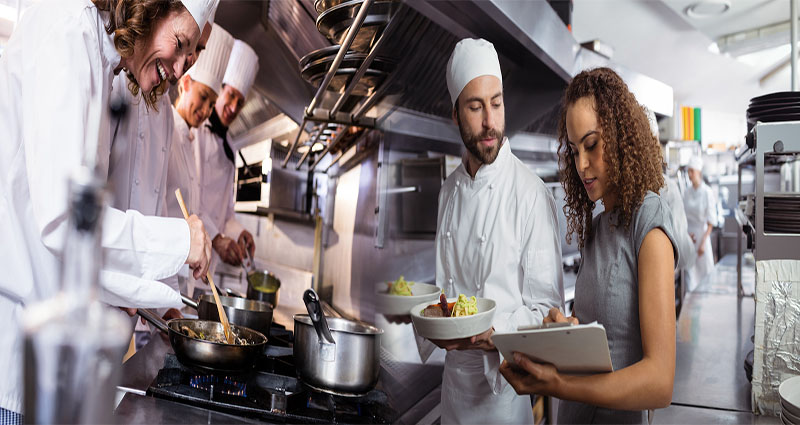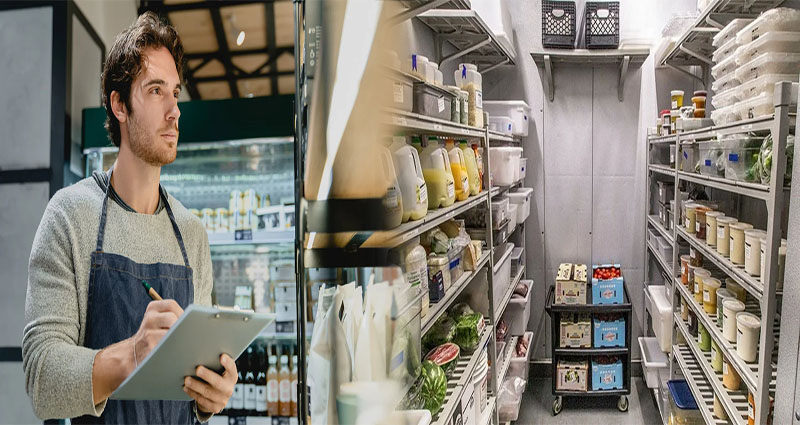Navigating Food Safety Regulations in Culinary Business Management
In the culinary industry, ensuring food safety is not only crucial for the well-being of customers but also a legal and ethical responsibility for businesses. Navigating the complex landscape of food safety regulations is imperative for culinary business management, as non-compliance can lead to severe consequences such as fines, reputational damage, and even business closure. By comprehensively understanding and adhering to food safety regulations, culinary establishments can maintain the highest standards of quality, hygiene, and safety. Here’s a closer look at the key aspects of navigating food safety regulations in culinary business management.
1. Understanding Regulatory Standards
Culinary business owners and managers must familiarize themselves with the food safety regulations outlined by relevant authorities such as the Food and Drug Administration (FDA) in the United States or the Food Standards Agency (FSA) in the United Kingdom. These regulations cover various aspects such as proper food handling, storage, temperature control, sanitation, … READ MORE ...













